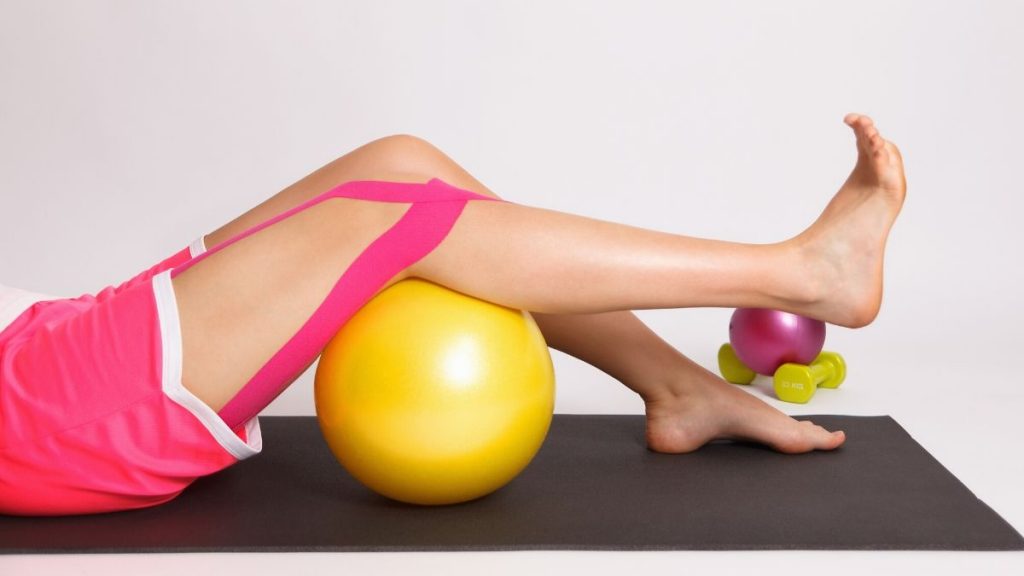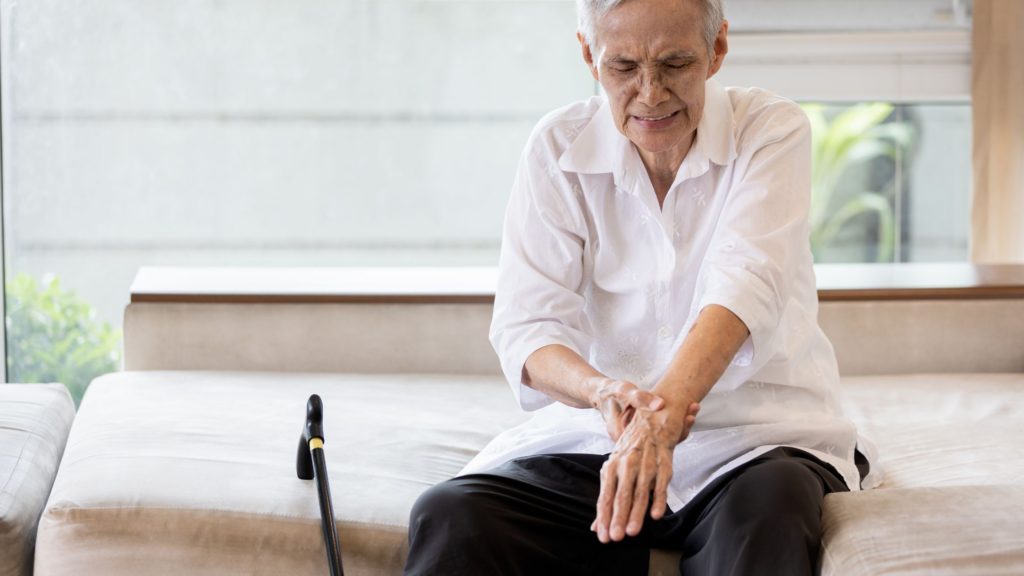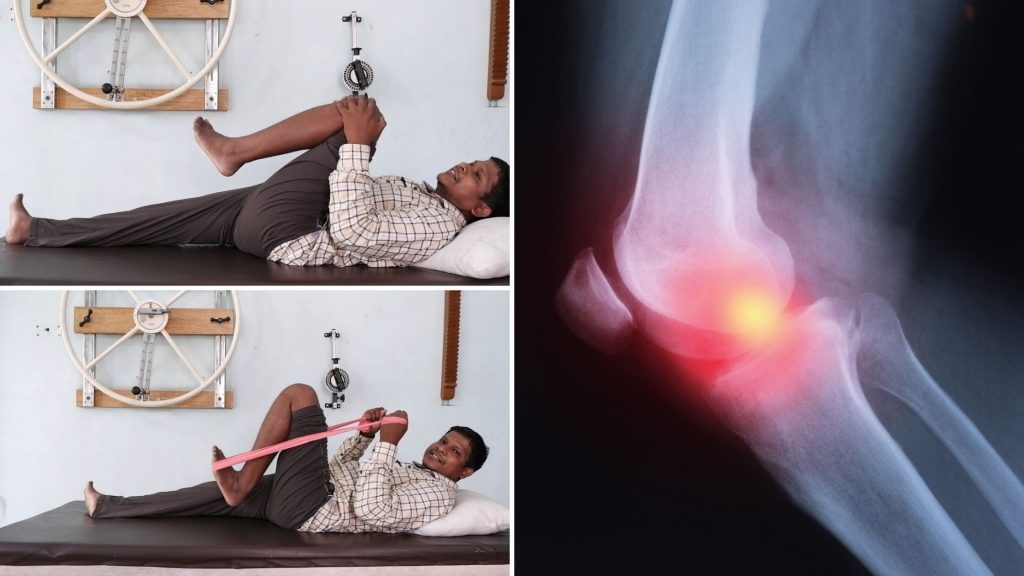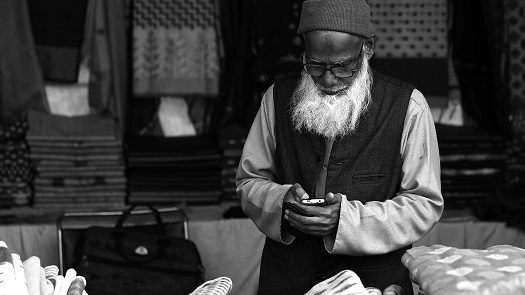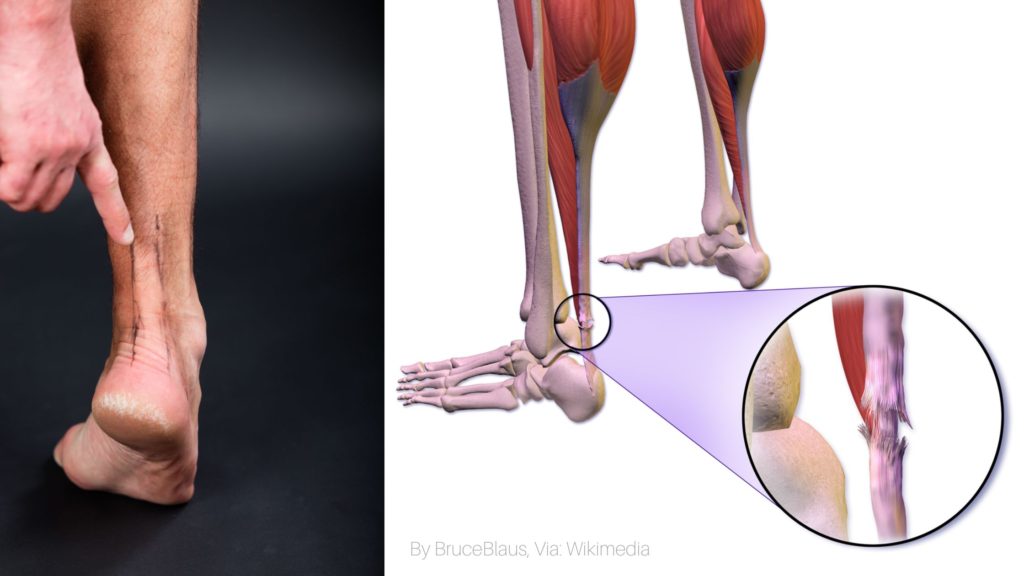Last updated on June 12th, 2020 at 11:18 am
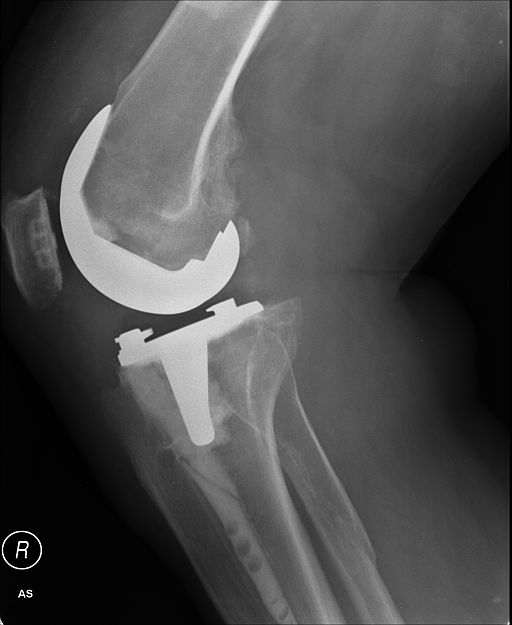
Partial Knee Replacement (PKR) is as effective as Total Knee Replacement (TKR), it also saves money, says a recent study.
New research published in The Lancet (July 17, 2019) and funded by the National Institute for Health Research (NIHR) shows that both TKR and PKR are effective, offer similar clinical outcomes, and result in a similar incidence of re-operations and complications.
The research was done at 27 UK sites from a randomised trial. Let us try to understand this very important research which is going to give relief to numerous osteoarthritis knee sufferer.
Research methodology
Researchers of TOPKAT study (Total or Partial Knee Arthroplasty Trial) at UK carried out multicentre, pragmatic randomised controlled trial of patients from 27 UK city.
The patients recruited had isolated medial compartmental osteoarthritis who were randomly assigned to receive either PKR or TKR.
To perform surgery, two kinds of approach, one is expertise-based and another one equipoise-based approach.
The expertise-based approach: In this approach, the surgeons have expertise in either PKR or TKR. Patients were then randomly assigned to a TKR or PKR surgeon in the pairs.
The equipoise-based approach involved surgeons in the equipoise group who had sufficient experience of both operation types to perform either operation (PKR or TKR) without compromise.
After randomly assigning the patient to PKR or TKR surgery was performed. A self-reported questionnaire was given to them to examine the frequency and intensity of knee pain and knee function (measured by the OKS)
- activity,
- health-care resource use, and
- the American Knee Society Score. Routine pre-operative X-rays were also used
Researchers also collected data on:
- complications and re-operation from various sources for cross-referencing and to ensure completeness.
- Complication data were collected from participants in their follow-up questionnaires and clinical assessment visits.
- Any reported re-admissions were followed up with the patient’s hospital to obtain further details.
- Local research teams did a final check of hospital records 5 years after the operations, to ensure that complications data were collected from all participants (ie, those who had not returned a questionnaire or attended a follow-up visit).
The primary endpoint was the Oxford Knee Score (OKS) 5 years after randomisation in all patients assigned to groups.
Findings
Between Jan 18, 2010, and Sept 30, 2013, researchers recruited 528 patients and were randomly assigned to PKR or TKR groups. 94% of participants responded to the follow-up survey 5 years after their operation.
At the 5-year follow-up, they found no difference in OKS between groups. within-trial cost-effectiveness analysis, they found that PKR was more effective and less expensive than TKR during the 5 years of follow-up. This finding was a result of slightly better outcomes, lower costs of surgery, and lower follow-up health-care costs with PKR than TKR.
Source: The Lancet: Research published on July 17, 2019: DOI:https://doi.org/10.1016/S0140-6736(19)31281-4
The author is a physiotherapist who has been practising for the last 17 years. He holds a Bachelor's in Physiotherapy (BPT) from SVNIRTAR (Swami Vivekananda National Institute of Rehabilitation and Research), one of the prestigious physiotherapy schools in India.
Whatever he learns dealing with his patient, he shares it with the world through blogs and e-books. He also owns a YouTube channel, "Sunit Physiotherapist" with over 8 lakh active subscribers. Here, he shares everything he gets to learn serving the patient.
